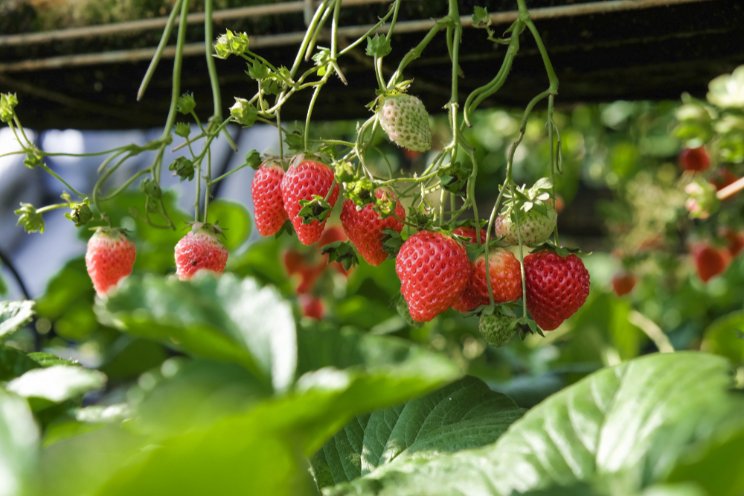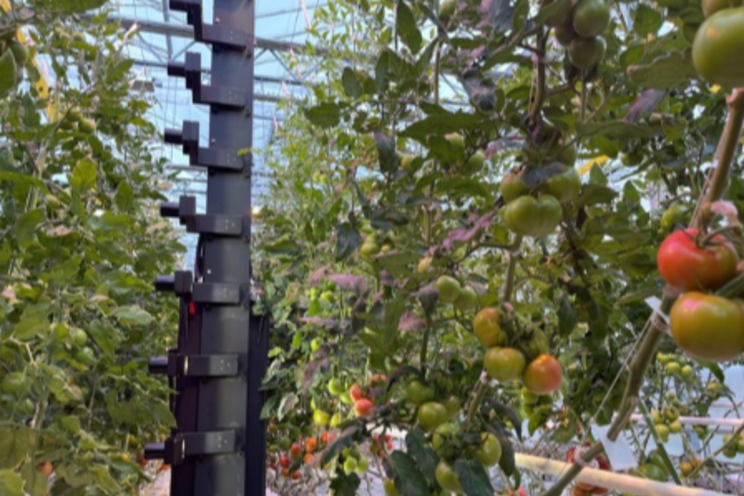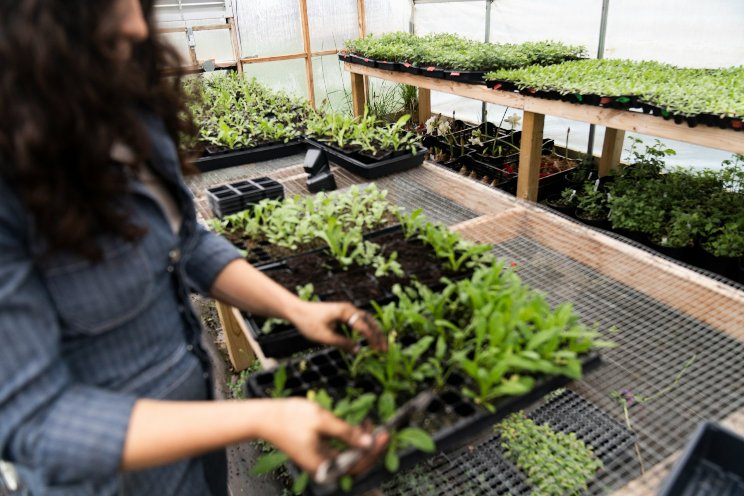Will AI make plant science study or research any different?
Added on 10 January 2024

Use of AI tools to accelerate plant sciences research or study
In recent years, AI tools have been extensively based on its generation of text, text to speech and text to graphics. The future AI tools will be greener, changing the way we study and research plants in all environments ranging from dry labs (simple and complex computer-based data analysis) to well-controlled lab conditions, semi-controlled greenhouse conditions, and highly variable field conditions (Figure 1).

Figure 1: Wordcloud showing the use of AI in Plant sciences Research and Study
For data analysis, Van Noorden and Perkel surveyed 1600 researchers and found that AI tools were utilized by most of the researchers to generate video graphic content, write codes, brainstorm ideas, research manuscripts, literature surveys and in the writing of emails and grants (Van Noorden and Perkel, 2023). Several AI-based web tools have been used to accelerate research content in different ways e.g., Canva and Biorender for creating graphical content, Draw.io to generate pathways, Replit to generate codes faster than humans, Slides AI to create PowerPoint presentations, Wordtune to find word synonyms, and Listening.io to listen to the text of research articles. Similarly, several other tools e.g., Citation Gecko (citationgecko.com) to search for citations network of connected articles, Inciteful (inciteful.xyz) to connect similar articles, Research rabbit (researchrabbitapp.com) to map literature citations and Carrot2 (search.carrot2.org) to organize search results into a topic.
Photo by Possessed Photography on Unsplash
More news















